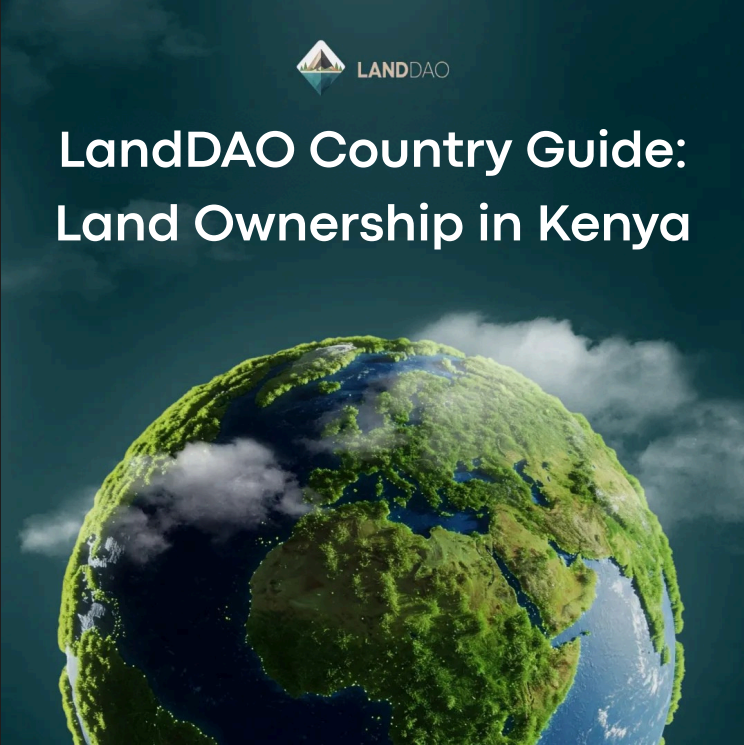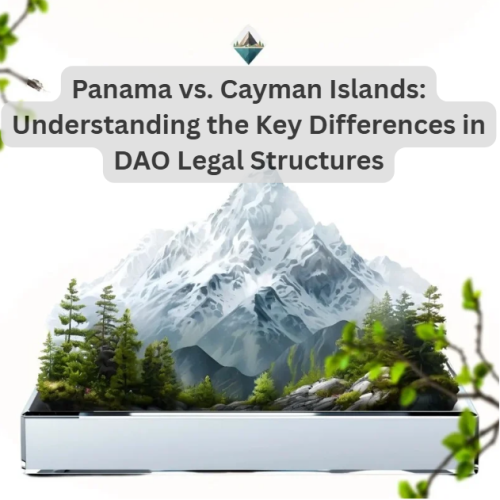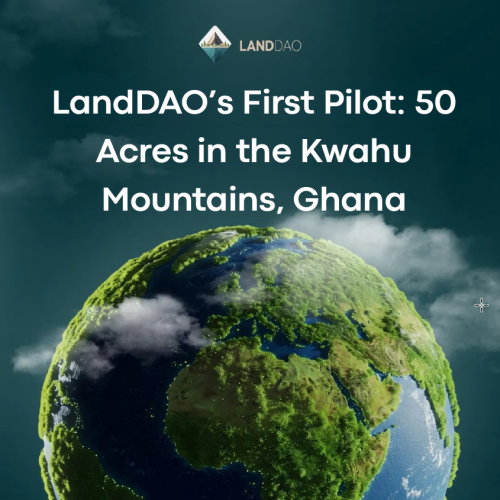Kenya is one of East Africa’s most dynamic land markets — a country with fertile agricultural regions, fast-growing cities, and rising international investor interest. But land here comes with unique challenges: layered registries, historical disputes, and strict rules for foreigners.
This guide breaks down how land ownership works in Kenya, the risks to watch for, and how LandDAO structures its strategy to ensure compliance and transparency. It’s part of our broader series on country land frameworks, giving the DAO community a clear picture of the opportunities and realities on the ground.
Foreign Ownership Rules in Kenya
Kenya’s 2010 Constitution and land laws set clear boundaries for foreign investors:
- Foreigners and foreign-owned entities can only hold land under leasehold titles of up to 99 years.
- Freehold ownership is prohibited for non-citizens.
- Using dummy companies or nominee structures to bypass the rules is illegal and unenforceable.
- Fraudulent partnerships and informal arrangements are a recurring risk and often end in disputes.
For LandDAO, this means every acquisition must follow a leasehold framework that is compliant and legally valid.
Types of Land in Kenya
The Constitution of Kenya (2010) divides land into three main categories, each with its own legal framework:
- Public Land — Owned by the government and managed by the National Land Commission (NLC). This includes land in forests, national parks, rivers, and land set aside for public use.
- Community Land — Held by communities on the basis of ethnicity, culture, or shared interest. Often governed under customary law, community land is especially sensitive to disputes and cannot be sold without collective consent.
- Private Land — Owned by individuals or entities. For citizens, this can be held under freehold or leasehold. For foreigners, ownership is restricted to leasehold of up to 99 years.
These definitions are critical for investors because only private land under leasehold structures falls within the scope of legal foreign ownership. LandDAO’s strategy is aligned with this framework, ensuring compliance from the outset.
Process of Land Acquisition and Registration in Kenya
Buying land in Kenya follows a defined legal sequence, and skipping steps is a leading cause of disputes. The process includes:

- Conduct a Land Search
- Verify ownership at the Ministry of Lands or through county offices.
- Where digitization exists, searches can be initiated online, but physical verification is still recommended.
- Land Survey and Beacon Certificate
- Confirm that boundaries on the ground match the deed plan.
- A surveyor issues a beacon certificate to validate the land’s identity.
- Obtain Land Control Board (LCB) Consent
- For agricultural land, transfer requires approval from the Land Control Board as per the Land Control Act.
- Without consent, any transaction is void.
- Draft and Sign the Sale Agreement
- Advocates prepare the agreement, usually requiring a 10% deposit with the balance payable on completion.
- Pay Stamp Duty
- Assessed by the Kenya Revenue Authority (KRA) via iTax.
- Rates are 2% for rural land and 4% for urban land.
- Lodgment and Transfer
- The signed documents are lodged at the Lands Registry.
- Upon approval, a new title deed (for freehold) or leasehold certificate (for non-citizens) is issued.
- Post-Registration Obligations
- Payment of land rent (for leaseholds) and annual rates where applicable.
- Ensure records are updated to reflect the new ownership.
For investors, each of these steps requires both legal and physical checks. LandDAO engages vetted local partners and independent legal counsel at every stage to minimize risk.
Title Systems and Verification
Land in Kenya is recorded through multiple registries, some of which are still being digitized. This creates complexity:
- Multiple registries exist, and not all are fully digitized.
- Double allocations of the same land are a common source of disputes.
- Verification requires in-person checks at the Ministry of Lands or county-level offices.
- Fake or altered titles remain a frequent tool in fraudulent land deals.
For investors, digital searches are not sufficient. Thorough, on-the-ground due diligence is essential.
Key Risks and Market Challenges
Beyond legal ownership restrictions, Kenya’s land market faces systemic risks:
- Political cycles: Land disputes intensify around elections, particularly in Nairobi, Rift Valley, Kisumu, and Mombasa.
- Registry manipulation: Corruption in land offices enables tampering with official records.
- Local resistance: In sensitive areas, communities oppose foreign acquisitions, especially where customary land rights are in play.
These risks don’t rule out opportunity, but they demand a cautious and structured approach.
Conflict and Risk Zones
LandDAO avoids acquisitions in regions where environmental, political, or social risks are elevated. Specific challenges include:
- Tribal conflicts: Clashes are common in parts of Turkana and Pokot, and between Kikuyu and Luo groups in western Kenya.
- Election violence: Nairobi, Kisumu, Rift Valley, and coastal counties often experience unrest tied to political disputes.
- Environmental risks:
- Flood-prone areas include Marsabit, Garissa, and Kisumu.
- Drought is severe in arid counties such as Turkana, Wajir, and Mandera.
- Rift Valley zones are exposed to earthquakes and volcanic activity.
- Community land claims: Disputes over ancestral or communal ownership remain unresolved in several regions.
For this reason, LandDAO focuses only on lands with a clear and transparent registry history, avoiding disputed zones or land under customary claim.
LandDAO’s Strategy
To operate effectively and transparently in Kenya, LandDAO’s approach is built on five pillars:
- Leasehold compliance — Only transact within the 99-year leasehold framework.
- Independent legal due diligence — Every acquisition undergoes third-party review.
- Trusted local partners — Work with vetted firms for title verification and negotiations.
- DAO transparency — Share all risk assessments openly with members.
- Long-term stewardship — Ensure land improvements create sustainable value.
This ensures that DAO members can participate in Kenyan land markets without exposure to the pitfalls of informal or fraudulent practices.
Join the Movement — Become a DAO Member
Kenya is a key land market in East Africa, with defined ownership rules and distinct local dynamics. LandDAO’s approach ensures participation is structured and transparent. By joining the waitlist, you secure priority access to $LNDAO — the governance token that gives you a voice in LandDAO’s future. Early members will help guide decisions on land acquisitions, improvements, and more.
Join the LandDAO Token Sale Waitlist now to get access to the token sale and become a LandDAO member.




